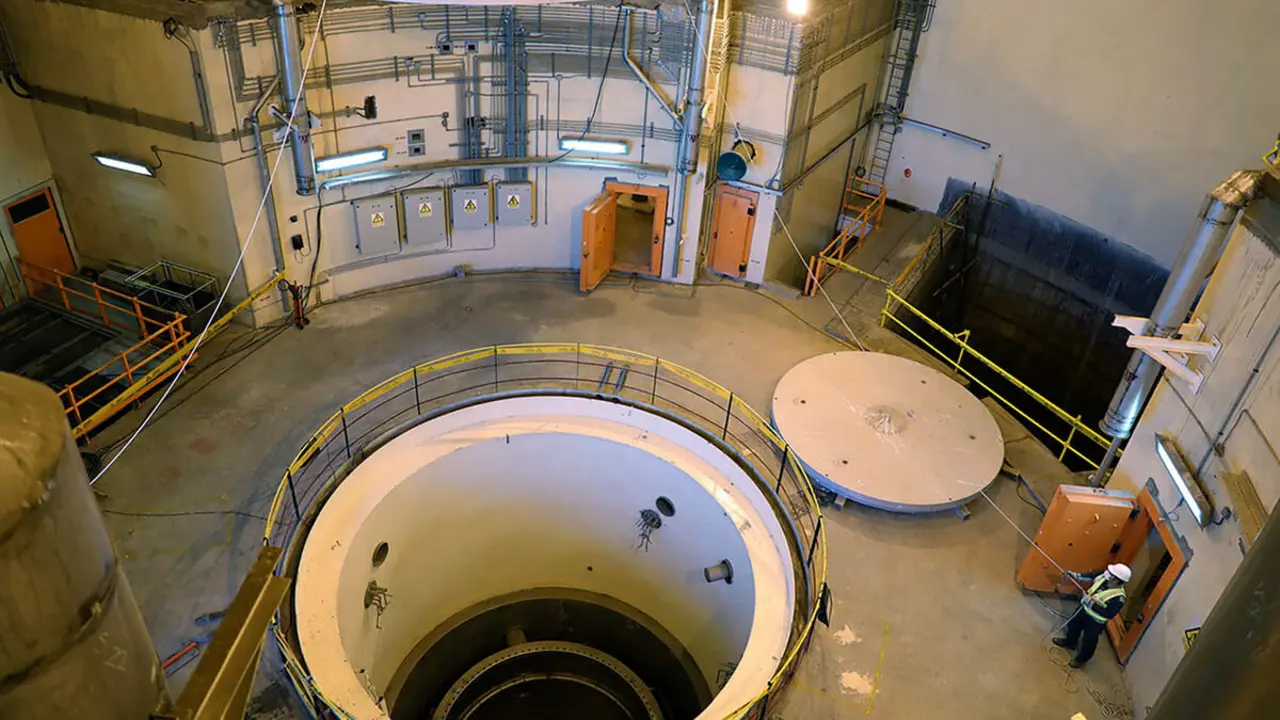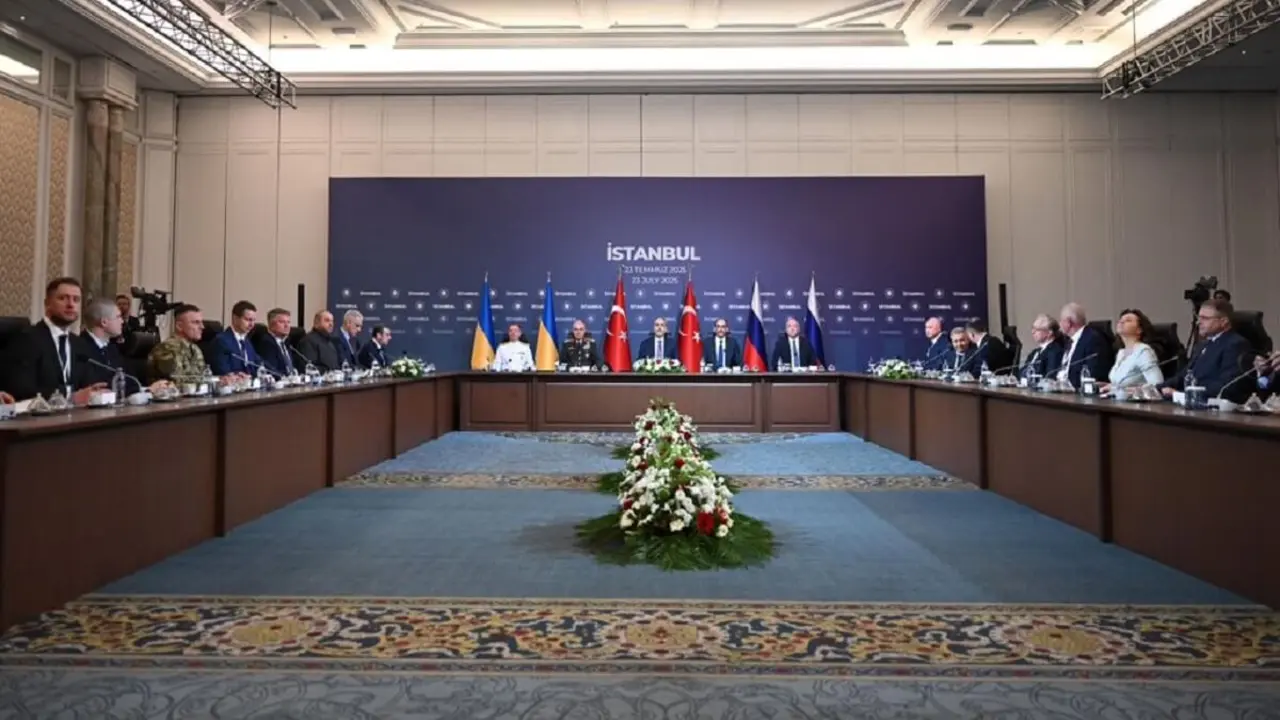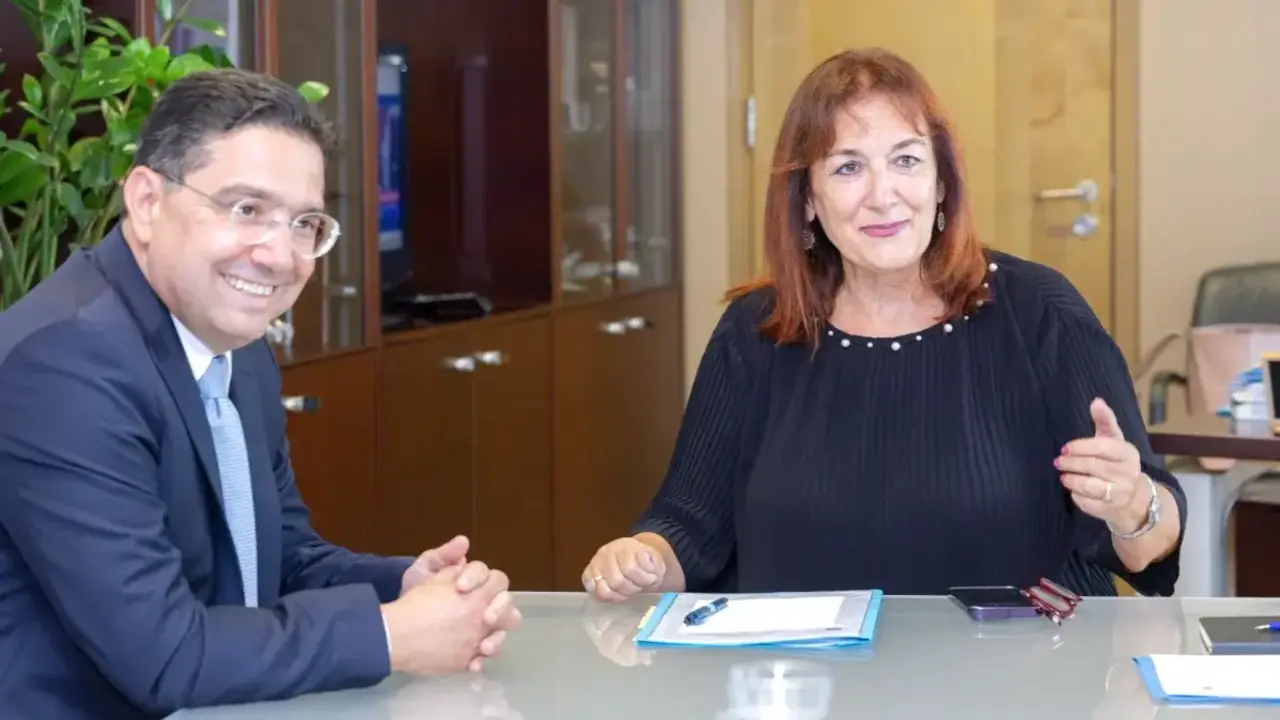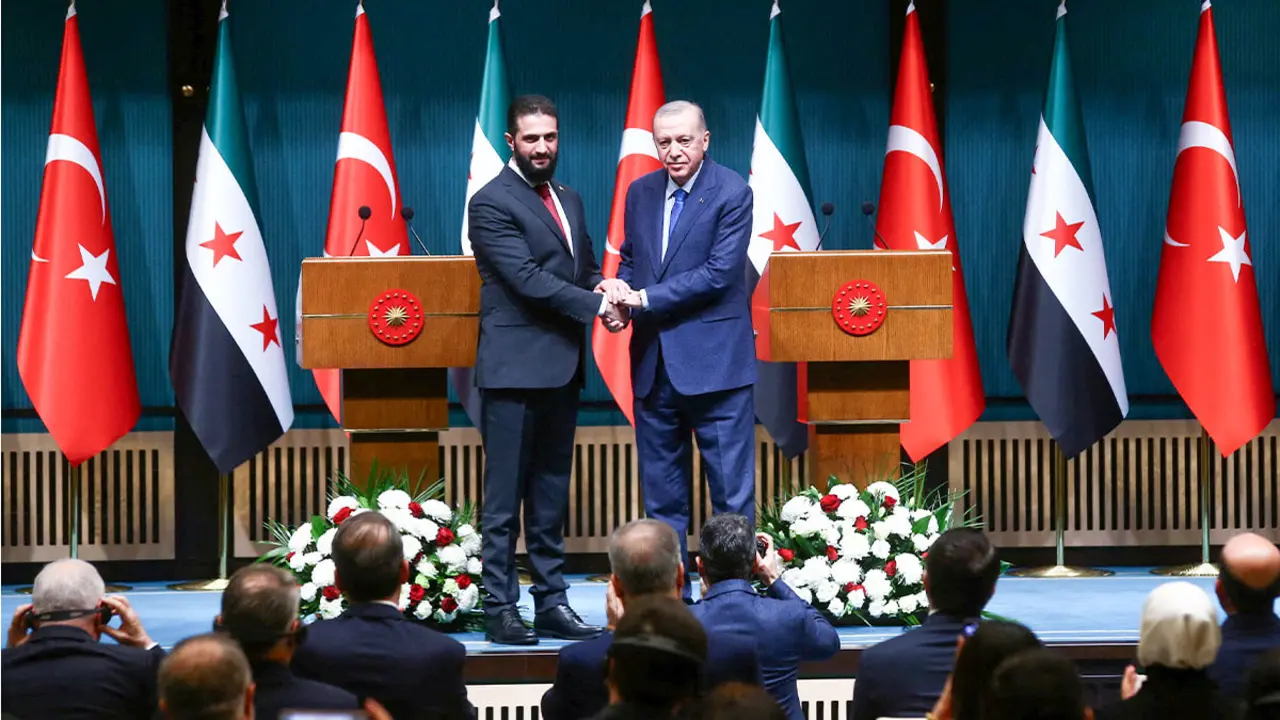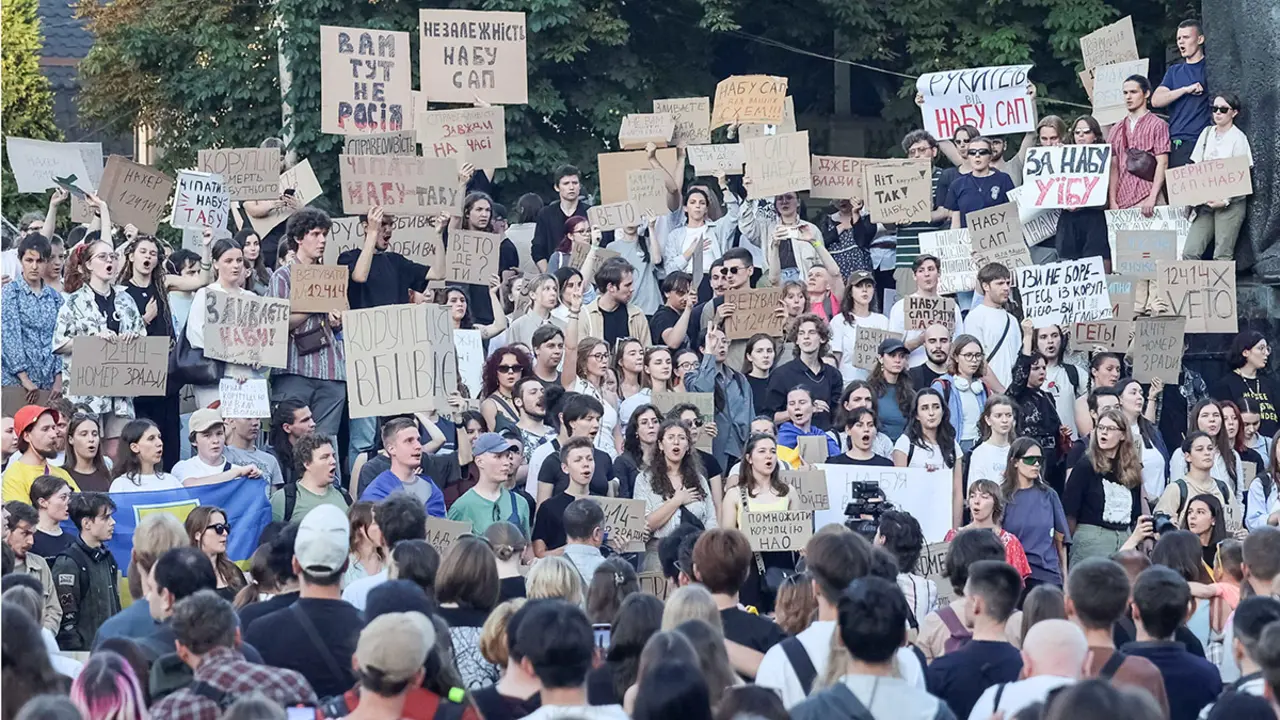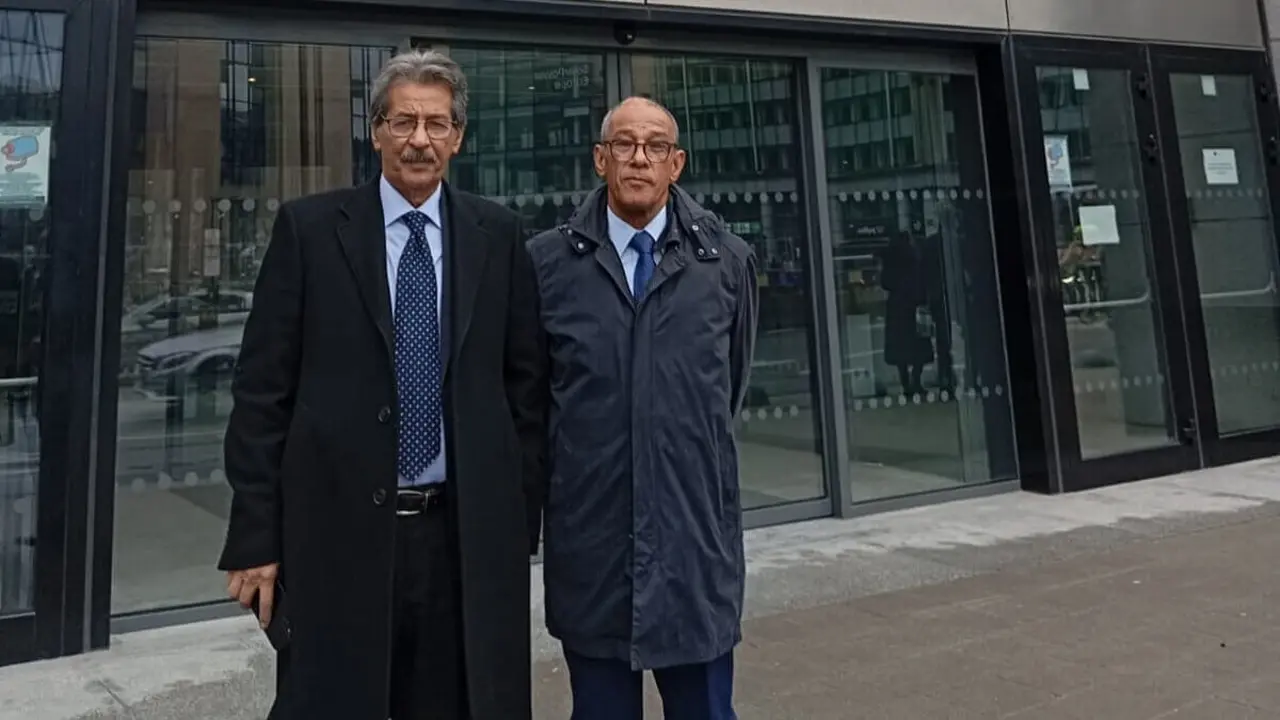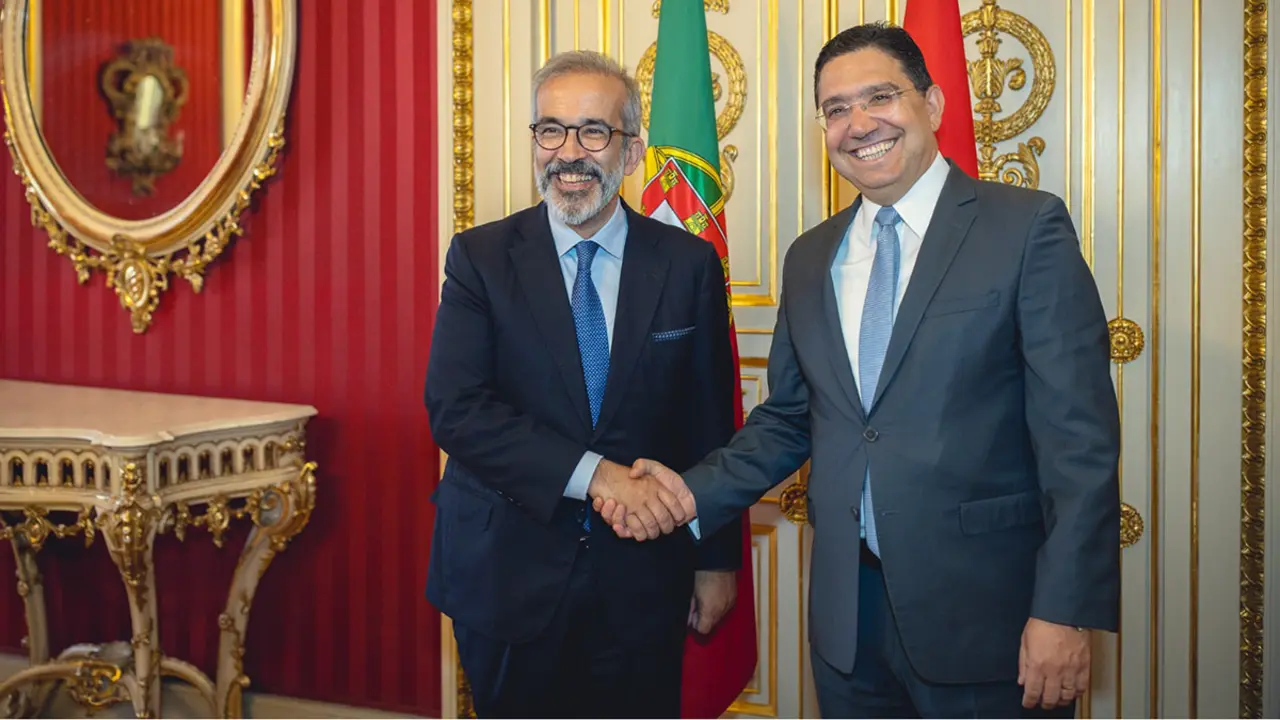Turkey plans for future in Libya as tension rises in NATO

Without a previous announcement, a high-ranking Turkish delegation visited Tripoli on Wednesday June 17 to meet with the authorities of the Government of National Accord (GNA), led by Prime Minister Fayez Sarraj. The delegation was headed by Foreign Minister Mevlut Cavusoglu and Treasury Minister Berat Albayrak. Also participating were Intelligence Chief Hakan Fidan, Turkish Ambassador to Libya Sarhan Aksan, the President's spokesman and several advisors and advisors to President Recep Tayyip Erdogan.
At the meeting, as revealed by the GNA Media Office, the objective was to address new ways "to develop bilateral cooperation" within the framework of the Memorandum of Understanding signed last November. The president of Libya's High Council of State - an organ of the GNA - Khaled al-Mashri, said the visit was made to "help put an end to the rebellion and extend the authority of the Libyan State through the GNA over the entire territory, to then prepare for "the post-stability phase" that would conclude with the holding of elections to "complete the political process", a roadmap in which Marshal Jalifa Haftar, commander of the rival faction, the Libyan National Liberation Army (LNA), will not be present "at any stage". For his part the head of the Eurasian nation's diplomacy declared that a "lasting ceasefire" and "a political solution" to the civil war had also been discussed.

On the economic front, Middle East Eye correspondent Ragip Soylu reported that on the agenda was the return of Turkish companies to Libyan territory to complete their work and the establishment of cooperation and integration mechanisms in the fields of investment, infrastructure and oil. "The visit aimed at discussing the start of development projects in Libya in economy, security and military fields as well as in trade, education and infrastructure, such as building bridges and public as well as private residential sites," added the local Libya Observer.
It is worth mentioning at this point that this Wednesday - before the surprising trip to Libya - Cavusoglu was scheduled to meet with his Italian counterpart, Luigi di Maio, in Ankara. Rome, a traditional supporter of the GNA, had strengthened cooperation with the Eurasian nation in recent times in order to maintain its position on Libyan soil once the war was over. However, the last-minute move made by Turkey could weaken this link, since the replacement of Di Maio by Sarraj on Cavusoglu's agenda could mean Ankara is not willing to share influence with any other actor, putting its interests on Libyan soil first, and not counting on anyone else. However, we will have to wait and see how the relationship between Turkey and Italy evolves, in an increasingly complex board with numerous conflicts of interest.

The Turkish delegation's trip to Libya comes almost two weeks after Erdogan and Sarraj announced the military victory over Tripoli, which had been under siege for the previous 14 months by LNA forces. In this fortnight, new details of the cooperation between Ankara and the GNA have been revealed, such as the fact that Turkey is building two military bases on Libyan territory or the exploitation of the country's energy resources, such as oil and gas, which is found in large quantities on the Libyan coast, in the waters of the Eastern Mediterranean.
Thus, with the meeting on Wednesday, the Eurasian nation seems to be convinced that its ally, the GNA, has already won the battle, since it has begun to plan its future on Libyan soil. But nothing could be further from the truth. Fighting has intensified in recent days in Sirte, a major oil city located on the Libyan coast 400 kilometers from the capital. The town, a stronghold of the rival faction, the LNA, stands as a key geostrategic point that could dictate the final winner of the civil war. So much so that the foreign partners of the different factions have increased their operations around the city: on the side of the GNA, Turkey is mobilizing its troops, along with the Syrian mercenaries it has been sending in the last year of conflict - more than 13,000; while in the LNA, Egypt has deployed its army on the border with Libya to intervene immediately, Chad has sent 1,500 soldiers and France is already carrying out recognition flights over Sirte.

Esta semana, la brecha en la Organización del Tratado del Atlántico Norte (OTAN) protagonizada por Turquía y This week, the gap in the North Atlantic Treaty Organization (NATO) between Turkey and France has widened more than ever. As stated from the French Elysée Palace this week, the "intolerable" and "unacceptable" attitude of Ankara in Libya was denounced, with the successive violations of the arms embargo imposed on the North African country since 2011. On Wednesday, Paris again denounced the Eurasian nation for "harassing" one of its ships while it was carrying out an Alliance mission in the Mediterranean Sea, even going so far as to believe that a missile attack was "imminent". "This case is very serious in our eyes (…). We cannot accept that an ally behaves like this, doing so against a NATO ship under NATO command leading a NATO mission,” criticised the Minister of the Army Florence Parly. A senior Turkish military official has rejected all these allegations, told Reuters

Y en la reunión que se celebraba en la misma jornada entre los ministros de Defensa de la OTAN, un oficial del And at the meeting between NATO's defence ministers on the same day, a French ministry official once again called on the Alliance not to ignore Ankara's behaviour: "We have known complicated moments in the alliance, but we can't be an ostrich and can't pretend there isn't a Turkey problem at NATO. We have to see it, say it and handle it", Foreign Ministry spokesperson Agnes von der Mole added that the Eurasian nation "is the main obstacle to achieving peace and stability in Libya". His Turkish counterpart responded "the main obstacle to establishing peace and stability in Libya is the support given by France and other countries" to Haftar. The dialectical escalation between the two powers continues unstoppable. It remains to be seen, then, whether NATO is capable of resolving this internal crisis and, if so, how it will do so.

